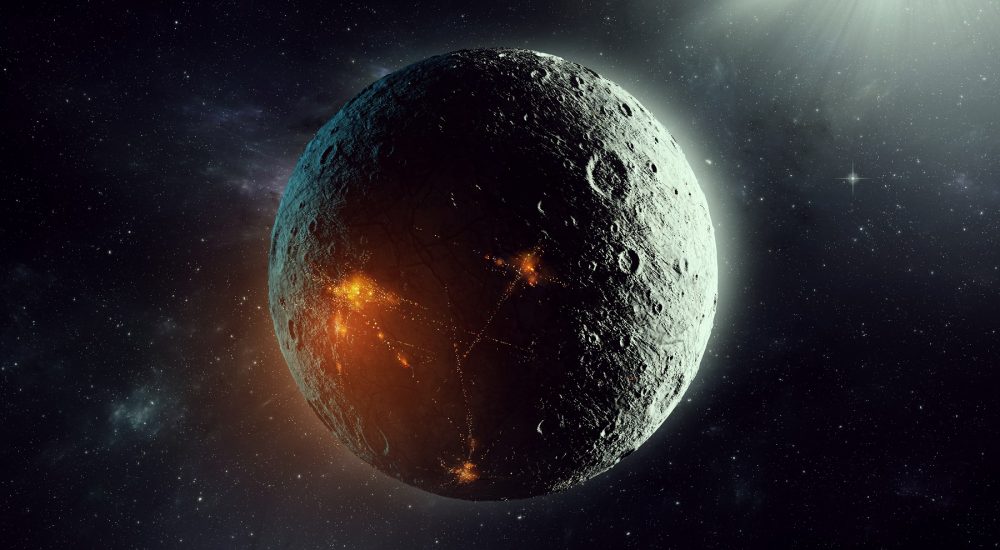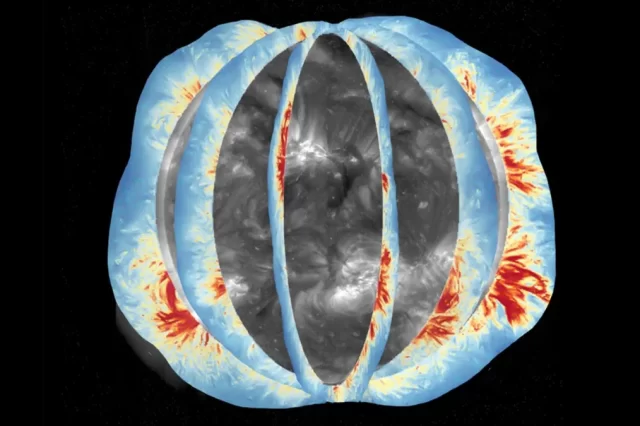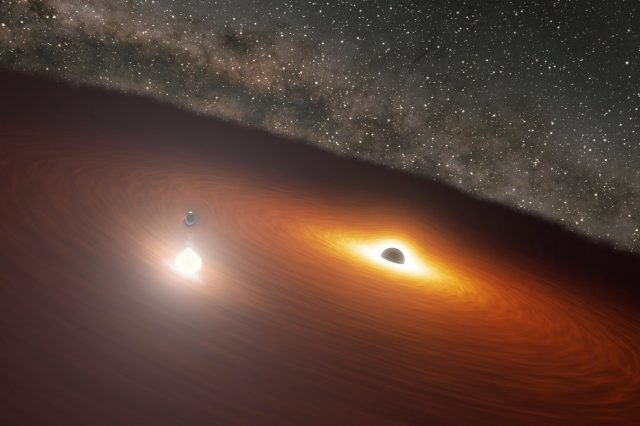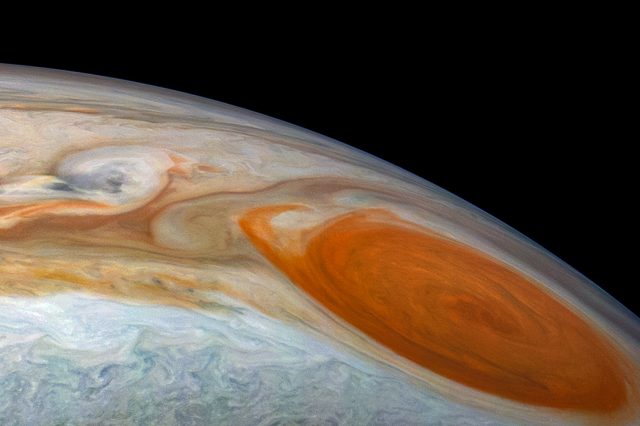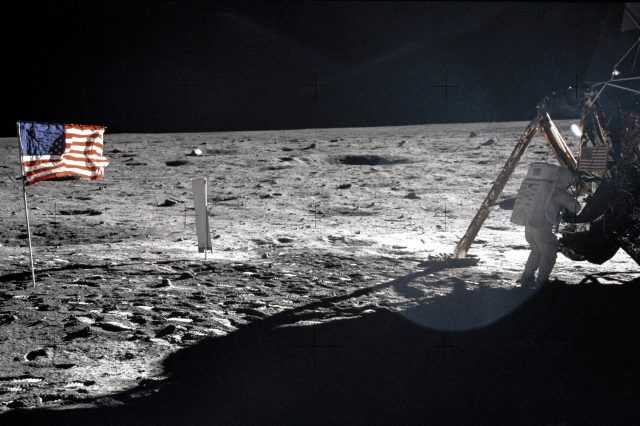This perspective broadens the scope of the search for intelligent life, suggesting the existence of civilizations that might be either physically bound to their planets or inherently silent due to their environmental conditions.
The Drake Equation, devised by Frank Drake in 1961, has long served as a beacon in the quest for extraterrestrial intelligence, offering a formula to estimate the number of communicative civilizations in our galaxy. However, recent insights from Elio Quiroga Rodríguez, a distinguished professor at Universidad del Atlántico Medio, Spain, suggest that this equation might not cover the full spectrum of possibilities for alien life. Highlighted in a recent article in the Journal of the British Interplanetary Society and brought to attention by Universe Today, Rodríguez’s work proposes significant amendments to this foundational equation.
The Gravity Conundrum and Underwater Silence
Rodríguez introduces two groundbreaking concepts that could redefine our search for alien life. The first concern is the formidable gravitational pull on super-Earths, which could effectively trap civilizations on these planets, making space exploration and communication with us an impossibility with our known technologies and materials. The second concept, “fishbowl worlds,” suggests that civilizations in underwater environments might not develop advanced communication technologies due to their ability to communicate effectively in their native, conductive medium. These civilizations, Rodríguez argues, would remain undetectable by the criteria established by the Drake Equation.
The Unseen and Unheard: Rethinking Alien Existence
This perspective broadens the scope of the search for intelligent life, suggesting the existence of civilizations that might be either physically bound to their planets or inherently silent due to their environmental conditions. Rodríguez’s analysis challenges us to rethink the parameters of the Drake Equation and the assumptions underlying our search for extraterrestrial intelligence. It posits a universe where some forms of life could be isolated or silent, not by choice, but by the natural laws governing their worlds.
Rodríguez’s critique of the Drake Equation invites a deeper contemplation of the variables that may influence the presence and detectability of extraterrestrial civilizations. His work enriches the dialogue surrounding the search for intelligent life, urging us to consider a wider range of possibilities and limitations that lie beyond our current understanding. As we continue to explore the cosmos, this refined perspective encourages a more nuanced approach to uncovering the mysteries of the universe and the diverse forms of life it may harbor.

